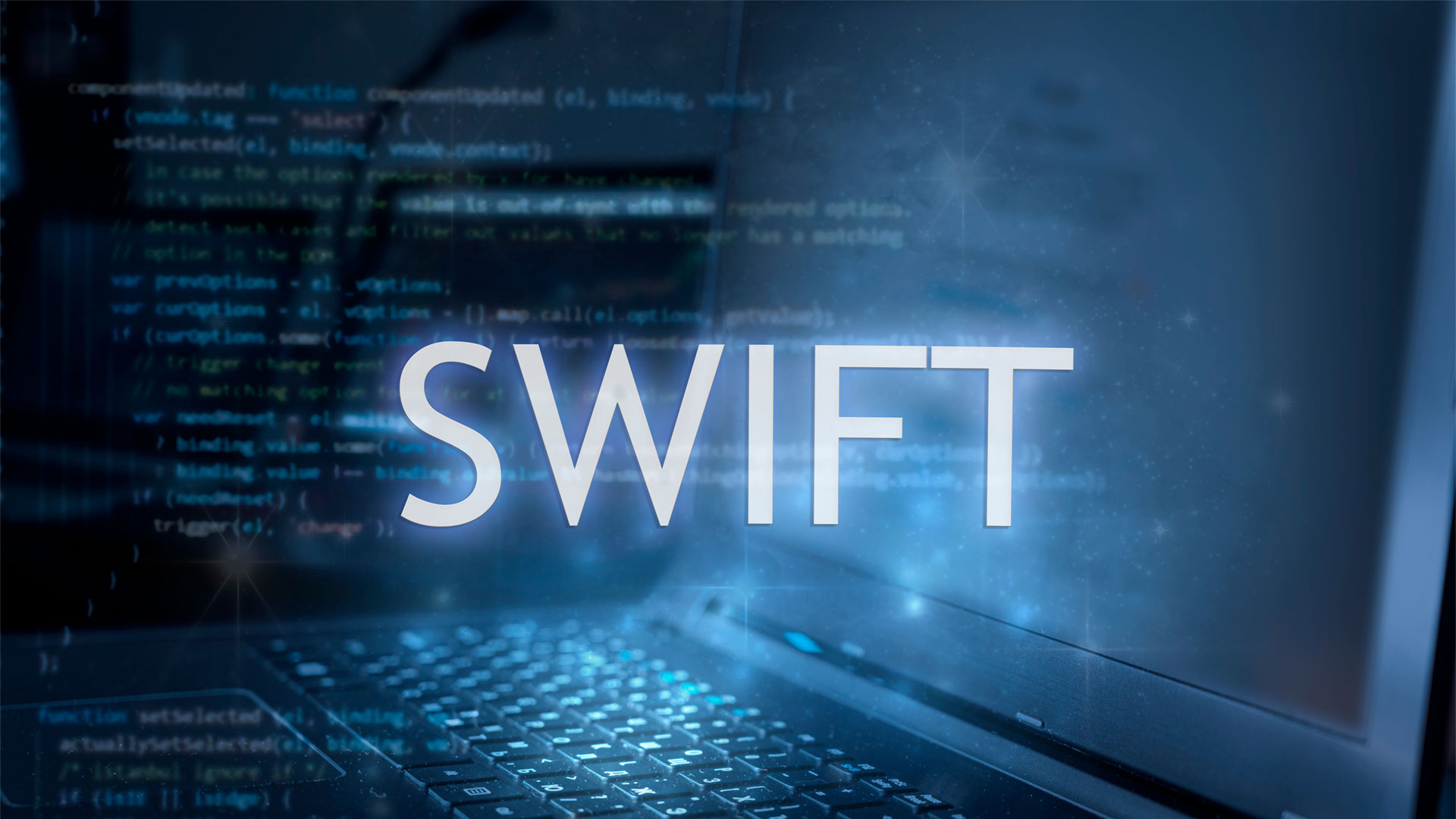With tensions rising over Ukraine, one option being discussed is cutting Russia from SWIFT, the international payments network, if it invades Ukraine. What would the impact be, and are there any alternatives for corporates – and banks – that need to make payments into, and out of, the country?

Economic sanctions are just one tool that the US and Europe can fall back on when dealing with Russia over the build-up of troops in Ukraine. And more specifically, cutting the country from SWIFT – the global interbank messaging network – if it invades Ukraine is seen as the ‘nuclear option’. Russia has denied that it intends to invade and has said the SWIFT action would be viewed as a major escalation, an act of war even.
With its vast network of 11,000 banks that all use the same messaging standard, cross-border payments are possible from any bank in the world to another. If Russia is disconnected from this system, it would be difficult for any Russian entity, or individual, to receive payments from a bank in another country.
It’s not the first time such action has been threatened. Back in 2014, the same idea was mooted and Bloomberg reports that the finance minister at the time, Alexei Kudrin, said the impact would be serious. He estimated that Russia would lose approximately 5% of its GDP in a year if it was cut off from SWIFT.
Dr Maria Shagina, who is now a visiting fellow at the Finnish Institute of International Affairs, researched the impact of a SWIFT-less Russia for the Carnegie Moscow Center. In May last year she wrote that the likelihood of Russia being cut off from SWIFT is low because of the significant impact it would have on other countries, particularly Germany and the United States, whose financial institutions are the most frequent users of SWIFT for transactions with Russia.
And it could also precipitate an energy crisis in Europe because of the reliance of imports from Russia, which are paid for in US dollars and via SWIFT. It is unlikely Russian companies will continue to supply oil and gas if they are not paid and importing countries in Europe may struggle to find alternative energy sources. This is the argument that the vice speaker of Russia’s Federation Council Nikolay Zhuralev was quoted as making to TASS, the Russian state news service.
The European Central Bank is also concerned about the potential impact in Europe, according to the Financial Times, and recently asked banks with operations in Russia to give details of how they would handle payments if they could not go through SWIFT.
There is some precedent for this scenario: in 2012 Iran was cut off when its banks and central bank were removed from SWIFT in response to European sanctions over the country’s nuclear programme. The country reportedly suffered massively, and Shagina estimates it lost nearly half of its revenues from oil exports and 30% of its foreign trade.
So, are there any alternatives to SWIFT? Not really, but all is not lost for financial institutions that need to transact with Russia. One option is Russia’s own network, the System for Transfer of Financial Messages (SPFS), which is modelled on SWIFT but has nothing of its reach: it has 400 banks signed on, compared to SWIFT’s 11,000. Shagina notes there are technical limitations with SPFS – it isn’t 24/7 for one.
Another option could be China’s Cross-Border Interbank Payment System (CIPS), which, when it began in 2015, was heralded by some as being a rival to the SWIFT network. That so far hasn’t happened as there hasn’t been the appetite for cross-border transactions to be denominated in renminbi over the US dollar. One possibility, argues Shagina, is that CIPS and Russia’s SPFS could join forces.
Another alternative is for a central bank digital currency issued by Russia’s central bank. However, this kind of project is unlikely to get the reach, or trust by the users in the new technology, in time for it to be a viable alternative in the near-term. Many industry observers have been predicting the demise of SWIFT for decades and so far, solutions like Ripple, bitcoin and others, have yet to supersede the scale and reliability of SWIFT.